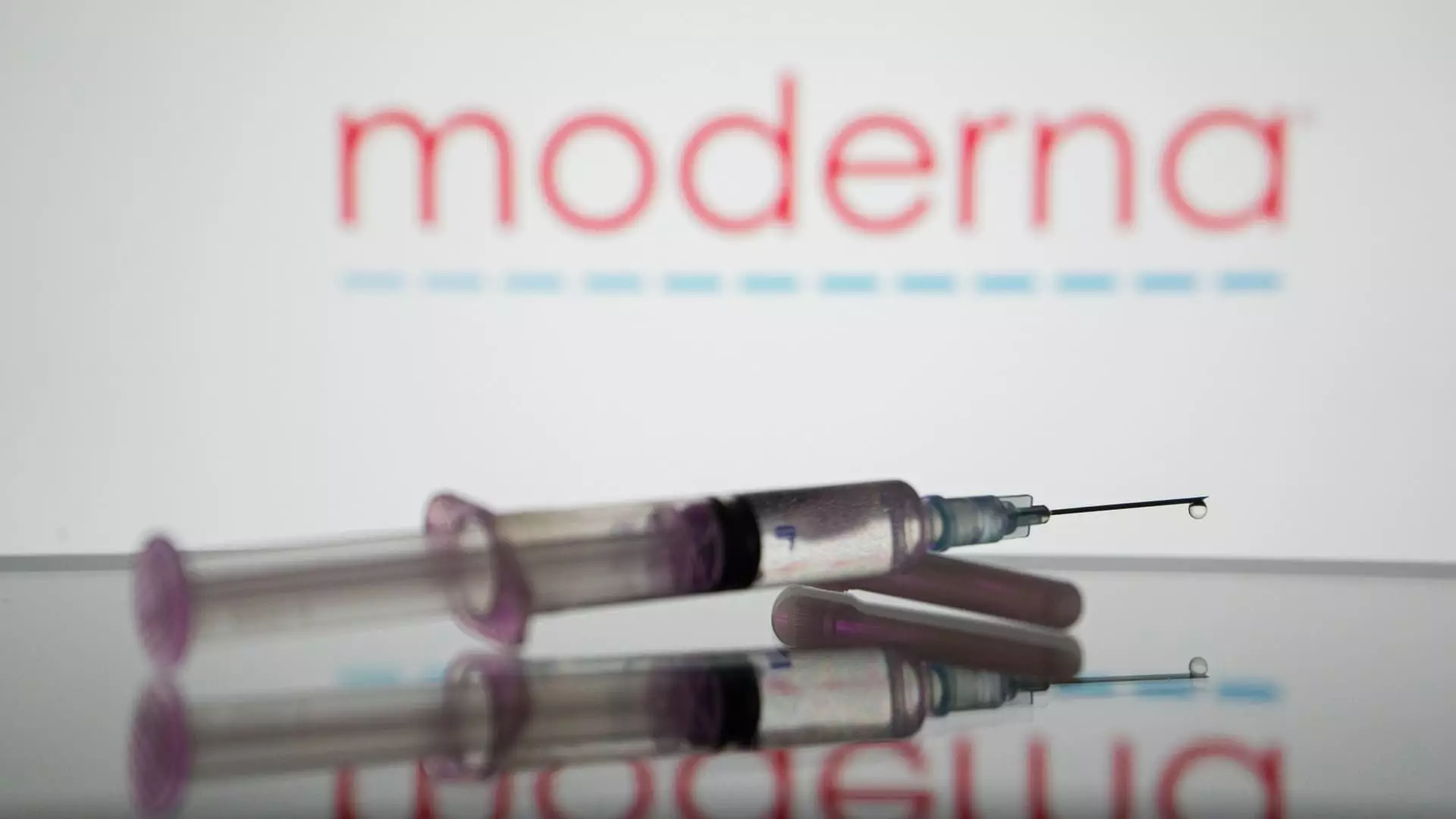Moderna, a well-known biotech company, has recently announced that the approval of its vaccine for respiratory syncytial virus (RSV) has been delayed by the Food and Drug Administration (FDA) until the end of May. This delay has been attributed to “administrative constraints” at the agency, causing uncertainty among investors and stakeholders.
The FDA’s decision to postpone the approval of Moderna’s RSV shot has raised concerns about the company’s ability to rebound from the challenges it faced with its Covid vaccine business last year. Despite the lack of safety, efficacy, or quality issues with the vaccine, the delay has created a sense of unease within the biotech industry.
Market Competition
If approved, Moderna’s RSV vaccine would be the third product of its kind to enter the market, following Pfizer and GSK’s vaccines that were rolled out last year. This competitive landscape highlights the importance of timely approvals and successful market launches for biotech companies striving to establish a strong presence in the pharmaceutical industry.
Public Health Impact
RSV is a serious respiratory virus that poses a significant threat to older adults, resulting in thousands of deaths and hospitalizations every year. By developing a vaccine targeted at this vulnerable population, Moderna hopes to make a positive impact on public health and reduce the burden of RSV-related illnesses.
Despite the setback in the approval timeline, Moderna remains optimistic about the potential of its mRNA platform in addressing a variety of diseases, including RSV, cancer, and norovirus. Investors are closely monitoring the company’s progress, with shares experiencing fluctuations in response to regulatory developments and market expectations.
Overall, the delayed approval of Moderna’s RSV vaccine underscores the complexity and challenges of bringing innovative medical products to market. As the biotech industry continues to evolve, companies like Moderna must navigate regulatory processes, market dynamics, and public health considerations to deliver life-saving treatments to those in need.

